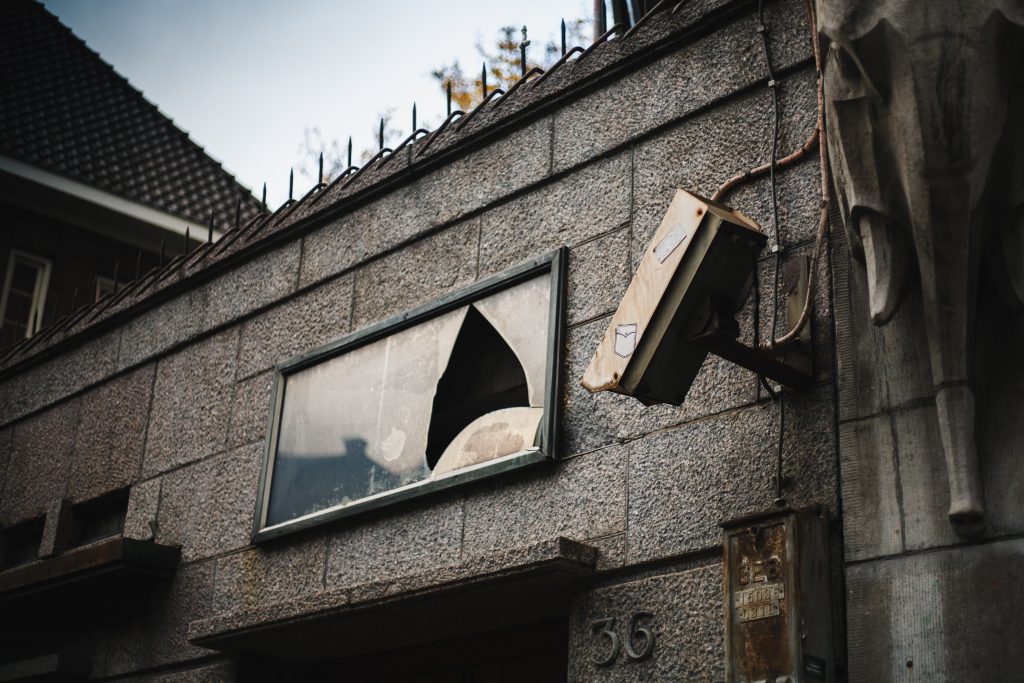How Does the Law Define Lack of Security?

Premises liability is a complicated legal area, particularly when other crimes are involved. If a crime such as robbery, assault, battery, or rape occur in an apartment complex or shop, victims may file premise liability claims against the property owners for not implementing proper security measures. This type of negligence is often referred to as a lack of security, negligent security, or inadequate security. For cases such as these, a personal injury attorney can argue that crimes that caused injury or harm could have been avoided if the property owner had taken prior action to protect anyone on the property.
What Elements Must Exist in a Negligent Security Case?
Winning a negligent security case may be difficult and require extensive evidence to receive compensation for any injuries. To begin, a case must include four key elements:
- Negligence: You must demonstrate that the property or business owner was negligent. In other words, you must show that the owner had a duty of care, the owner breached that duty, and the breach caused you harm.
- The crime was foreseeable: To satisfy the foreseeability requirement and win a negligent security case, it is usually necessary to prove that the owner knew or suspected that there was a risk that a crime could be committed. Most courts determine foreseeability based primarily on whether prior, similar crimes occurred in the same location that the owner knew or should have known about.
- Breach of duty of care: Property and business owners are required to provide reasonable security measures against criminal activity and ensure their property is as safe as possible for guests and tenants. Failing to provide adequate security measures and responding to foreseeable or known risks would be considered a “breach of duty of care” and make the property owner liable for any injuries that occur due to criminal activity on the property
- The crime caused harm to the victim: When filing a premise liability claim, one of the most important parts of the claim is the fact that an injury occurred. Crimes that did not result in injury and harm are not enough to prove negligent security. The general basis for a premise liability claim is that the property owner’s negligence resulted in the victim’s injuries. If injuries did occur due to a lack of security, then the property owner would be liable for any related damages.
What Constitutes Adequate Security?
The answer to that question can vary. Adequate security for one property may not be adequate for another. A shop in a neighborhood that has a low crime rate would not be expected to have the same security measures as one in an area with a high crime rate. Common security features to protect against violent personal crimes include:
- Appropriate lighting
- Functioning security hardware (locks)
- Secured gates and doors into the property
- Security camera systems
- Adequately trained security personnel
- Patrols when guests are expected to be at the property
- Limit keys to common areas of residential complexes to only residents and staff
Why You Need an Attorney
Negligent security claims are some of the most complex premises liability cases. It usually requires expert testimony to prove that the property or business owner should have taken additional security measures. If you have been the victim of a crime because of inadequate security on someone else’s property, call Steven Titus & Associates, P.C. at (307) 257-7800. Our Gillette personal injury lawyers are fierce advocates for injured individuals.

Your FREE Case Strategy Session
On All Injury and Criminal Cases
Contact our office right now to speak to
someone who wants to help you.